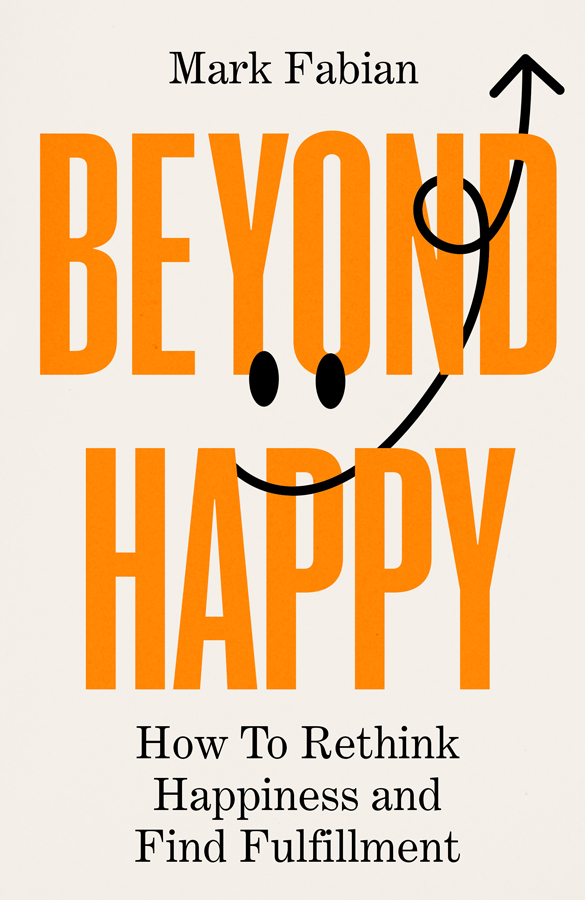Or are you tetchy, toxic or on a self-centred oneway street? Mark Fabian suggests a change of approach …
Women in the workplace are constantly told to be better so that they can compete harder. Be top of your game, have a commanding presence, never wither in a crisis, that sort of thing. Nothing wrong with that, of course, but if a hardcharging work persona seeps into close personal relationships, it can alienate people. That’s unfortunate because friends, colleagues and other close relationships consistently turn up as the most important drivers of happiness and wellbeing in scientific studies. Cue groans and eye rolls – here’s a male writer telling women to stay domesticated, tame. I hear you, but that’s not what I’m getting at, at all.
Competitiveness, striving at the expense of others, and cultures of self-optimisation are tropes of toxic masculinity: they’re egoistic, zero-sum, and hierarchical. You get ahead by stepping on someone. But if everyone is scrambling over each other then we all end up stressed and isolated. We develop tunnel vision about our own goals and problems, and we don’t have any emotional or cognitive bandwidth left over to care about anybody else. That’s when society becomes toxic. When you can’t get a seat on the train because everyone’s fortifying their personal space by using their bag as a bollard. When people stop being generous or polite, playing their Instagram reels in the waiting room on full blast sans headphones. When people stop noticing or appreciating kindness, because they’re too caught up in where they need to be or why Jan still hasn’t replied to their email.
If we all want to be well, we need to think less about I and more about we. No community can blossom in a toxic environment. Perhaps we should all pay some heed to being pleasant to hang around with? By pleasant, I don’t mean being a doormat or a wallflower. I mean being warm and inviting so that people feel inclined to altruism, conviviality, and other sentiments that make social life possible.
Let me illustrate with what I regard as perhaps the most underrated virtue: being a low-stakes interactions person. The idea is that connecting with you shouldn’t be a risky affair. If you forgive easily, give the benefit of the doubt and assume incompetence rather than malice in people (or that they are overburdened rather than negligent),then people are more likely to socialise with you. This includes inviting you to parties and group outings, suggesting collaboration and introducing you to their networks.
In contrast, if you get angry or offended easily, interpret clerical errors and the like as an egregious personal failure or even a deliberate slight against you, and generally hold grudges, then people will avoid you. It’s just not worth the hassle of interacting with people like that regardless of how brilliant they might be.
If you want to be a low-stakes interaction person, it helps to not take yourself too seriously. You should be able to laugh, even celebrate, good jokes that you are the butt of. A mature person is aware of the “bad” aspects of their personality that they can’t change. A mature person might even have been able to transform them into something characterful. It’s a sure sign that you’ve made peace with yourself if you can laugh at your shortcomings.
Asking good questions and genuinely listening to the answers makes for very stimulating conversation, and it’s flattering to your interlocutor.
Not taking yourself too seriously also means cutting the pretence. Few things are as comical and pathetic as dictators and aristocrats decking themselves out in military medals they’ve never earned. It’s fake. When you’re putting on a show let your joy be what shines through, not your desire to be seen as more than you are. What the pantomiming dictators and aristocrats are doing is overcompensating. They’re craven and effete, and so they play-act the opposite. Be real and appreciate the authenticity in others, especially when it makes things more pleasant. A friend of mine often wears a kurta instead of a suit to corporate events, and I make a point of commenting on how tasteful they are. He makes my world more aesthetic, and I show gratitude to encourage him.
Low-stakes interactions people are also able to admit their mistakes. Own your errors and apologise. So many dramas have been written off the simple premise of someone trying to cover up instead of fessing up. It also important to show forgiveness when the shoe is on the other foot and someone genuinely apologises to you. Don’t gloat, or say I told you so, or expect grovelling. Make apologising low stakes. What else makes us pleasant to hang around with? Capitalism might say we need to be a shining beacon of excellence, but I daresay it’s more important to be a good listener. Dale Carnegie wrote in How to Win Friends and Influence People: “You can make more friends in two months by becoming interested in other people than you can in two years by trying to get other people interested in you.”
A friend of mine has a game he plays at parties that helps him listen. Whenever he comes across someone whose occupation is completely unknown to him, he asks them everything about it. My friend works in media and politics, so he’s used to people with star power. Much more interesting is a plumber, a speech pathologist, or a gardener. We once spent two hours paying rapt attention to a cattle rancher. Did you know that Australians herd cattle with helicopters? Asking good questions and genuinely listening to the answers makes for very stimulating conversation, and it’s flattering to your interlocutor
A common theme of the tropes associated with being pleasant is having less ego. This is something women are so much better at than men, typically. I work in academia and economics, both of which remain male-dominated environments. It’s common for professors to claim juniors’ work as their own and use seminar Q&A sessions to show how brilliant they are by tearing down the speaker. In my experience, women in the workplace are far more likely to lift others up and make group work a celebration, not a competition.
We’re “hacking” ourselves to perfection instead of finding harmony among all our bits.
A second common theme of being pleasant is being yourself. Our culture often confuses self-actualisation with self-optimisation. We’re “hacking” ourselves to perfection instead of finding harmony among all our bits. Self-optimisation is always about being “better” by being more. Ten tips for a perkier butt; five ways to slay in the boardroom; or the worst: how to optimise your mental health. Self-actualisation, in contrast, is often about getting comfortable and harmonised by being less. Less impatient, less of a blowhard, less flaky. This sort of self-improvement by negation dovetails delightfully with being pleasant because you know what aspects of yourself make you feel embarrassment, guilt, or shame. These are social emotions – signals that your behaviour makes you less appealing to your peers.
Direct your attention to these qualities and try to remove them, with self-compassion of course. You’ll feel less of the negative social emotions, and you might strengthen your interpersonal relationships in the process.

Mark Fabian is associate professor of public policy at the University of Warwick in Coventry in the UK. Beyond Happy: How to Rethink Happiness and Find Fulfilment is published by Bedford Square.





